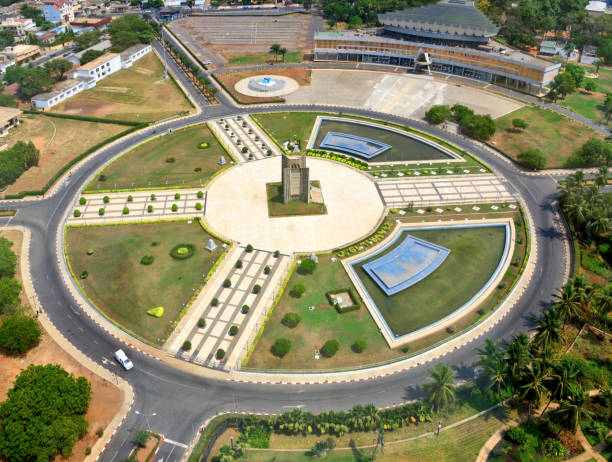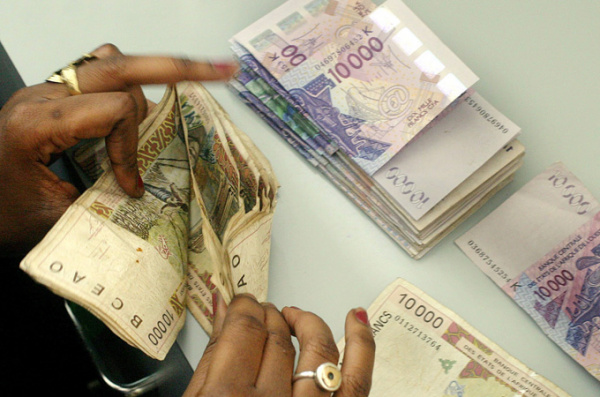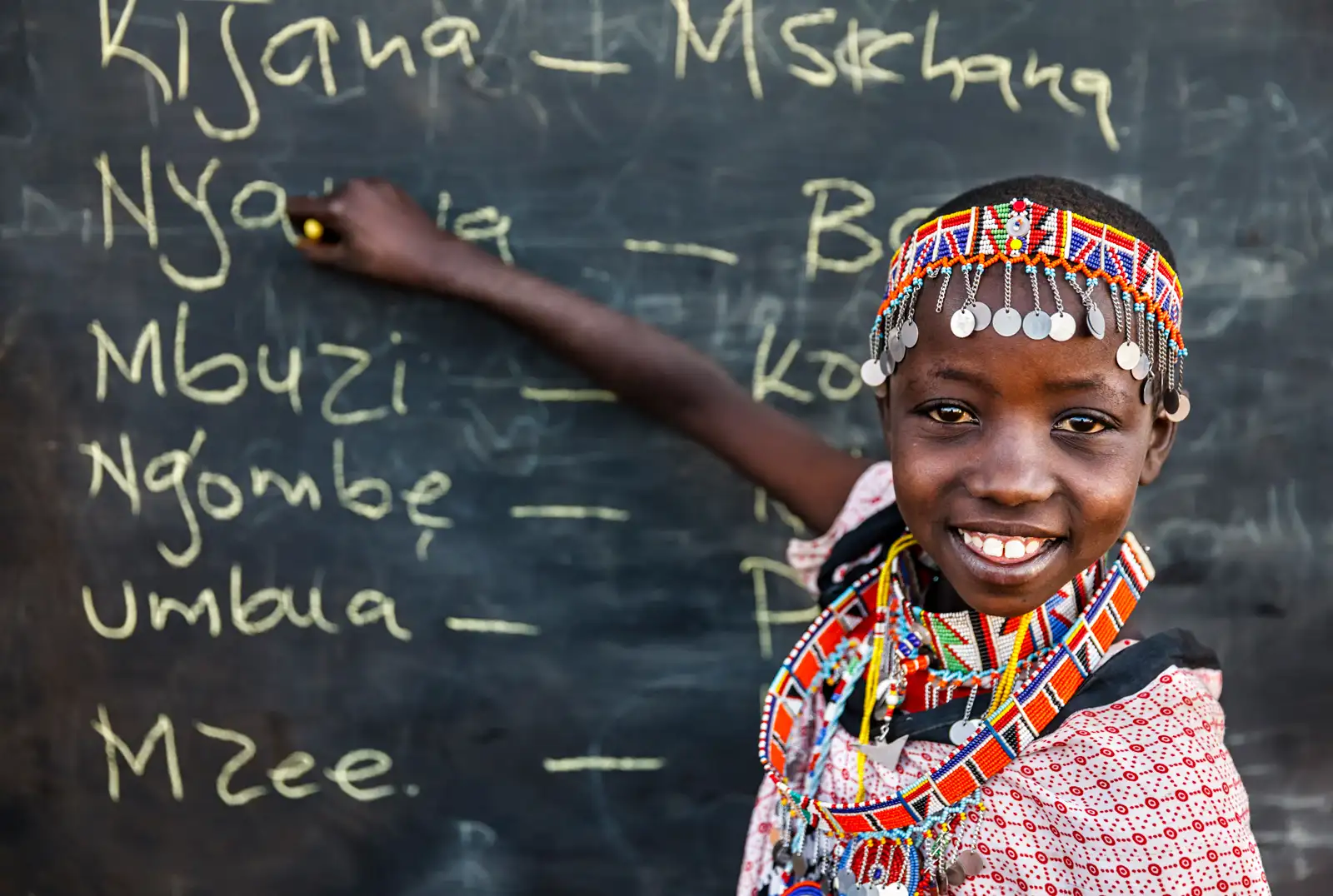Discover Togo

Togo, officially the Togolese Republic (French: République togolaise), is a country in West Africa. It is bordered by Ghana to the west, Benin to the east, and Burkina Faso to the north. It is one of the least developed countries and extends south to the Gulf of Guinea, where its capital, Lomé, is located. It is a small, tropical country, which covers 56,785 square kilometers (22,000 square miles) and has a population of approximately 8 million and a width of less than 115 km (71 mi) between Ghana and its eastern neighbor Benin.
Various people groups settled the boundaries of present-day Togo between the 11th to 16th centuries. Between the 16th and 18th centuries, the coastal region served primarily as a European slave trading outpost, earning Togo and the surrounding region the name “The Slave Coast”. In 1884, Germany declared a region including a protectorate called Togoland. After World War I, rule over Togo was transferred to France. Togo gained its independence from France in 1960.[2][12] In 1967, Gnassingbé Eyadéma led a successful military coup d’état, after which he became president of an anti-communist, single-party state. In 1993, Eyadéma faced multiparty elections marred by irregularities and won the presidency three times. At the time of his death, Eyadéma was the “longest-serving leader in modern African history”, having been president for 38 years. In 2005, his son Faure Gnassingbé was elected president.
ECONOMY
The country possesses phosphate deposits and an export sector based on agricultural products such as coffee, cocoa bean, and peanuts (groundnuts), which together generate roughly 30% of export earnings. Cotton is a cash crop. The fertile land occupies 11.3% of the country, most of which is developed. Some crops are cassava, jasmine rice, maize, and millet. Some other sectors are brewery and the textile industry. “Low market prices” for Togo’s “major export commodities” coupled with the “volatile political situation” of the 1990s and 2000s had a “negative effect” on the economy.
It is listed in the least developed country group. It serves as a regional commercial and trade center. The government’s decade-long efforts supported by the World Bank and the International Monetary Fund (IMF) to carry out economic reforms, to encourage investments, and to create the balance between income and consumption has stalled. Political unrest, including private and public sector strikes throughout 1992 and 1993, jeopardized the reform program, shrank the tax base, and disrupted economic activities in the country.
It imports machinery, equipment, petroleum products, and food. Its main import partners are France (21.1%), the Netherlands (12.1%), Côte d’Ivoire (5.9%), Germany (4.6%), Italy (4.4%), South Africa (4.3%), and China (4.1%). The main exports are cocoa, coffee, re-export of goods, phosphates, and cotton. “Major export partners” are Burkina Faso (16.6%), China (15.4%), the Netherlands (13%), Benin (9.6%), and Mali (7.4%).
Fishermen In terms of structural reforms, it has made progress in the liberalization of the economy, namely in the fields of trade and port activities. The privatization program of the cotton sector, telecommunications, and water supply has stalled.
On 12 January 1994, the devaluation of the currency by 50% provided an impetus to renewed structural adjustment; these efforts were facilitated by the end of strife in 1994 and a return to overt political calm. Progress depends on increased openness in government financial operations (to accommodate increased social service outlays) and possible downsizing of the armed forces, on which the regime has depended to stay in place. Lack of aid and depressed cocoa prices generated a 1% fall in GDP in 1998, with growth resuming in 1999. Togo is a member of the Organization for the Harmonization of Business Law in Africa (OHADA).
Agriculture is the “backbone” of the economy. A shortage of funds for the purchase of irrigation equipment and fertilizers has reduced agricultural output. Agriculture generated 28.2% of GDP in 2012 and employed 49% of the working population in 2010. The country is essentially self-sufficient in food production. Livestock production is dominated by cattle breeding.
Mining generated about 33.9% of GDP in 2012 and employed 12% of the population in 2010. Togo has the fourth-largest phosphate deposits in the world. Their production is 2.1 million tons per year. There are reserves of limestone, marble, and salt. The industry provides 20.4% of Togo’s national income, as it consists of light industries and builders. Some reserves of limestone allow Togo to produce cement.

LANGUES

According to Ethnologue, 39 distinct languages are spoken in the country, some of them by communities that number fewer than 100,000 members. Of the 39 languages, the sole official language is French. Two spoken indigenous languages were designated politically as national languages in 1975: Ewé (Ewe: Èʋegbe; French: Evé) and Kabiyé.
Though not native to most groups, French is used in formal education, legislature, all forms of media, administration and commerce. Ewe is a language of wider communication in the south. Tem functions to a limited extent as a trade language in some northern towns. Officially, Ewe and Kabiye are “national languages”, which in the Togolese context means languages that are promoted in formal education and used in the media. Others are Gen, Aja, Moba, Ntcham, and Ife. In joining the Commonwealth, the Togolese government has anticipated opportunities for Togolese citizens to learn English.





